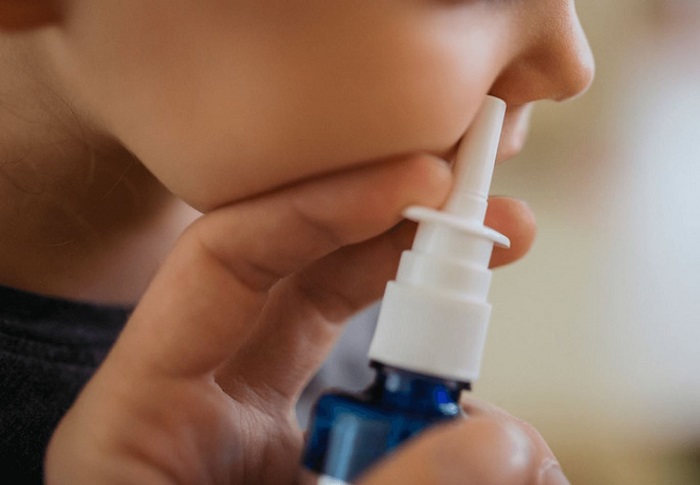 English
English

According to a new study, a simple nasal spray significantly reduced snoring and breathing difficulties in children. Read full story on Dynamite News:

Washington: According to a new study, a simple nasal spray significantly reduced snoring and breathing difficulties in children and halved the number needing to have their tonsils removed.
The research, led by the Murdoch Children's Research Institute and published in JAMA Pediatrics, found a saline (salt water) nasal spray was just as effective as an anti-inflammatory steroid nasal spray at easing sleep-disordered breathing in children after six weeks of treatment.
The findings stated both nasal sprays cleared symptoms while asleep in about 40 per cent of cases and those assessed by a surgeon as needing their tonsils and/or adenoids removed were reduced by half. The randomised-controlled "MIST" trial of the sprays involved 276 children, aged 3-12 years, and was carried out at The Royal Children's Hospital and Monash Children's Hospital.
"Nasal sprays work by cleaning the nose and/or reducing inflammation not just in the nose but all the way down the back of the throat to the adenoids and tonsillar tissue to alleviate the symptoms," Dr Baker said.
Snoring and breathing difficulties during sleep affect about 12 per cent of children and can cause significant long-term issues impacting cognitive function, behaviour and cardiovascular health.
Murdoch Children's Associate Professor Kirsten Perrett said the study found a substantial number of children with sleep disordered breathing could initially be managed by their GP and may not require referral to specialist services as currently recommended.
"A large proportion of children who snore and have breathing difficulties could be managed successfully by their primary care physician, using six weeks of an intranasal saline spray as a first-line treatment," she said.
"Using this cheaper and readily available treatment would increase the quality of life of these children, reduce the burden on specialist services, decrease surgery waiting times and reduce hospital costs." (ANI)
No related posts found.
No related posts found.